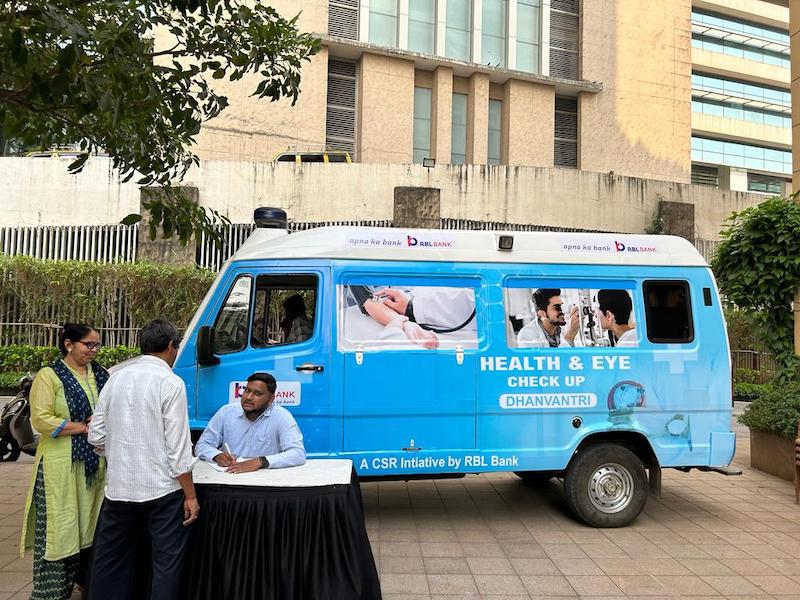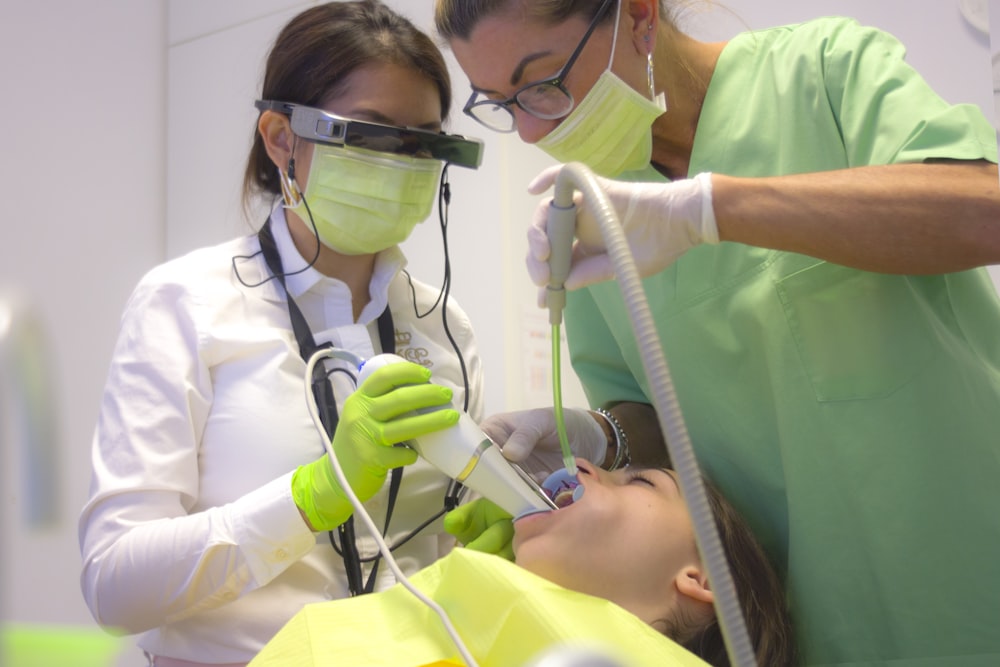
Absolutely, I can help you craft an article without explicitly mentioning the title. Here it goes:
Advancements in Healthcare Accessibility
In a world where technological strides dominate every aspect of our lives, the healthcare sector is also undergoing a transformation. This evolution is not merely confined to hospital premises or clinics but extends far beyond, reaching individuals in the most remote corners, thanks to the advent of telemedicine and mobile healthcare support.
Revolutionizing Accessibility
Gone are the days when healthcare was restricted by geographical boundaries or limited access to medical professionals. The integration of technology in healthcare services has ushered in an era where consultations, diagnoses, and even treatment plans can be accessed from the comfort of one’s home. This has been a game-changer, especially for those with limited mobility or residing in underserved areas.
The Role of Telemedicine
Telemedicine, often hailed as the backbone of modern healthcare accessibility, enables patients to connect with healthcare providers remotely. Through video calls, phone consultations, and even text messaging, individuals can seek medical advice promptly, eradicating the need for physical visits unless necessary. This not only saves time but also reduces the burden on in-person healthcare facilities.
Empowering Communities
One of the most significant advantages of these advancements is their impact on rural and marginalized communities. Remote areas, previously devoid of adequate healthcare services, are now witnessing a shift. Mobile healthcare support initiatives have been instrumental in providing these regions with access to basic healthcare facilities, often bridging the gap between the healthcare divide.
Addressing Urgent Needs
The significance of immediate medical assistance cannot be overstated. During emergencies or crises, quick access to healthcare advice can be life-saving. Telemedicine, coupled with mobile healthcare support, has proven invaluable in such scenarios. Whether it’s first aid guidance or immediate consultations, these services have been pivotal in addressing urgent medical needs.
Adoption and Adaptation
While the potential for technological integration in healthcare is vast, its effective implementation requires widespread adoption and adaptability. Both healthcare providers and patients need to embrace these innovations for them to realize their full potential. Education and awareness play a crucial role in ensuring the seamless integration of technology into healthcare practices.
Challenges and Future Prospects
Despite the evident benefits, challenges persist. Issues related to data security, the digital divide, and regulatory frameworks need attention to ensure the ethical and secure deployment of these technologies. However, the future appears promising, with ongoing research and development aiming to enhance healthcare accessibility further.
In the midst of this evolution, platforms like Mobile healthcare support have emerged as crucial pillars in fostering healthcare accessibility. These platforms act as catalysts, connecting individuals with healthcare professionals, information, and services, ultimately contributing to a healthier and more accessible future for all.
Feel free to adjust or add more information as needed!




